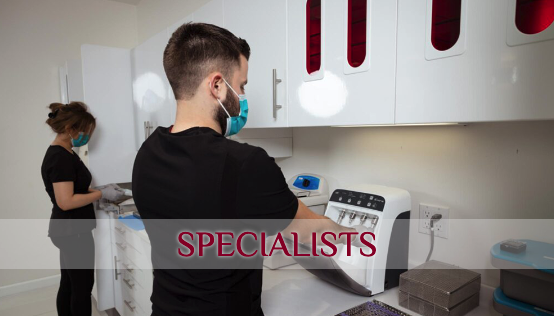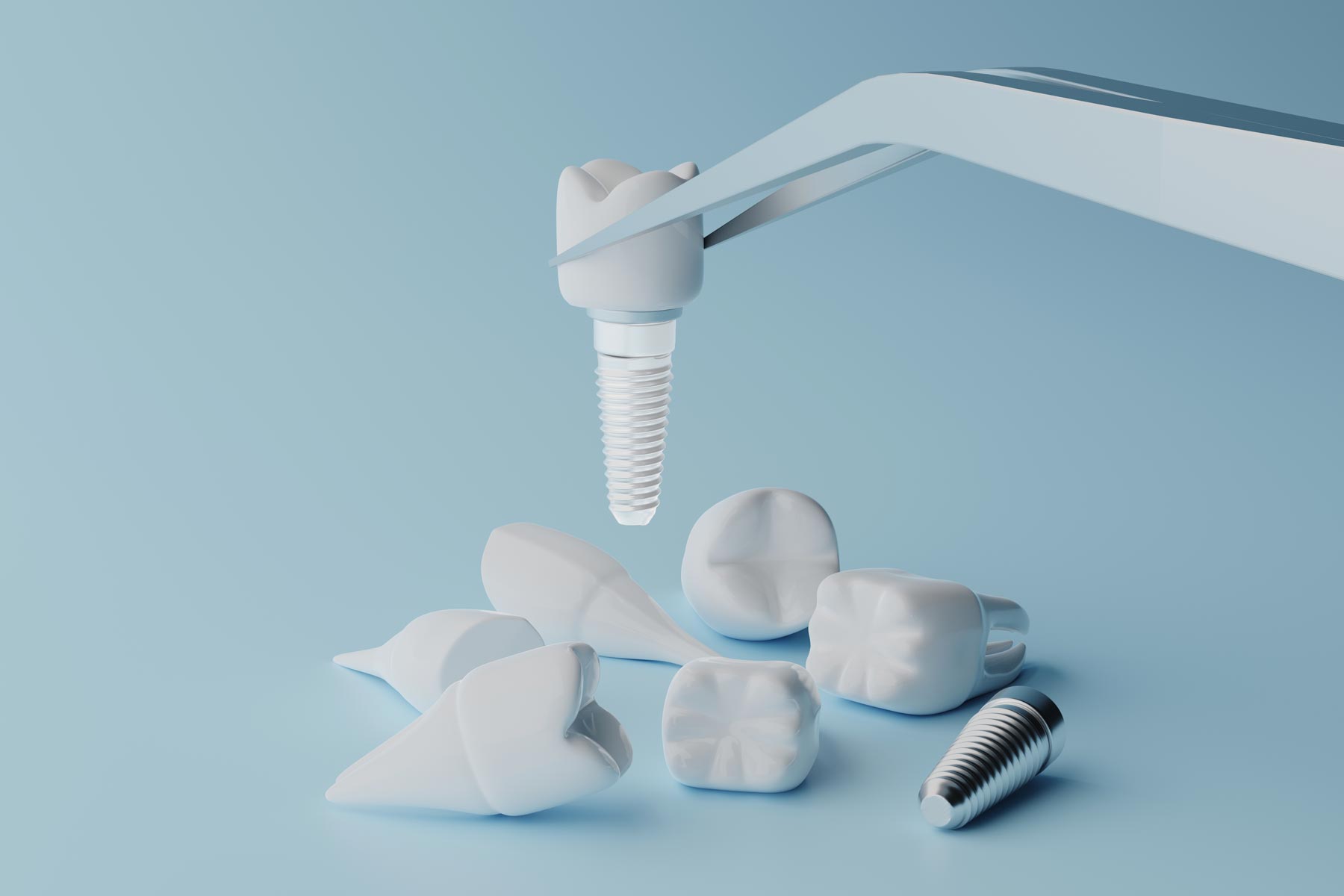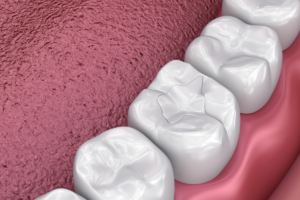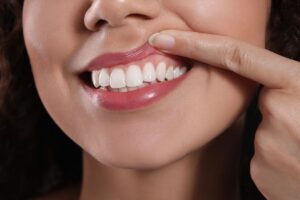Zirconia implants are non-metal ceramic implants. The substance does not harm the body, so it’s recommended for patients prone to allergic reactions. In recent years, Zirconia implants have become a suitable replacement for traditional titanium implants. So, let’s see what the benefits and drawbacks of zirconia are.
Pros And Cons of Zirconia Implants
Zirconia implants are non-invasive and have several advantages over titanium implants. First of all, zirconia is a tooth-colored material. So, the tooth will have a more natural look, and there will be no sign of the grayish appearance you sometimes experience with titanium. Because of its material, Zirconia is less likely to cause allergic reactions or inflammation after implantation on the jaw bone. Finally, Zirconia is less prone to bacteria adhesion and plaque build-up than titanium. There are also other advantages. The attraction of bacteria is far less in zirconia compared to metal implants. There won’t be any changes in the material’s properties, and it does not interact with other oral care products. There is no conduction of heat and no unpleasant sensation in the mouth. There is no irritation to the immune system; therefore, there won’t be any allergic reaction afterward. Finally, Zirconia offers maximum contact between the teeth and the jawbone, allowing an effective and efficient fusing process. This means that these implants are better at staying in place.
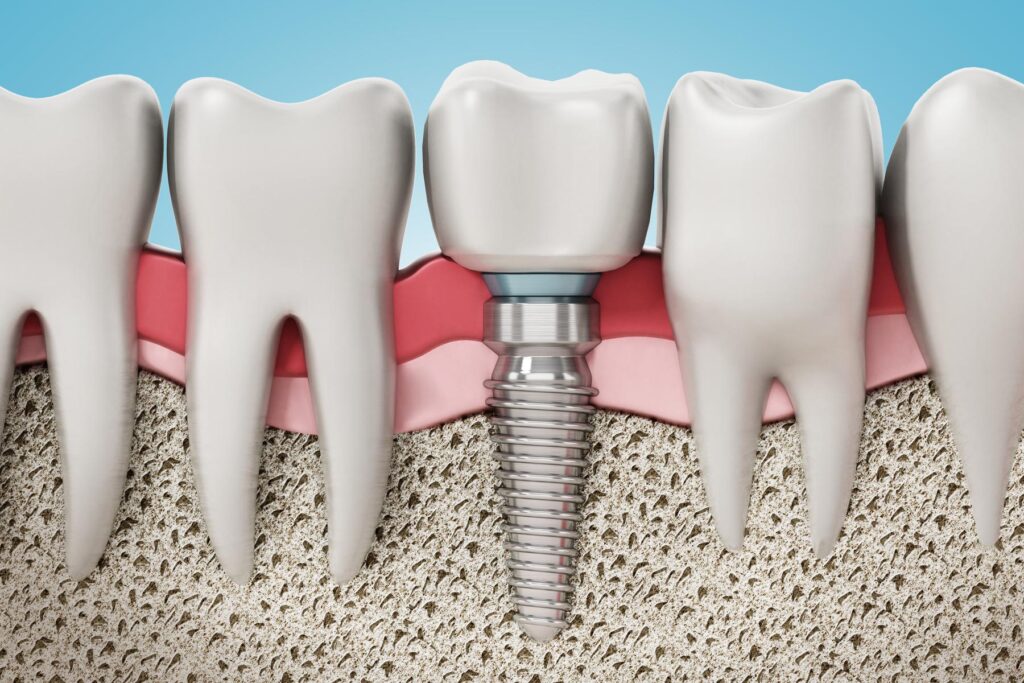
Problems with Zirconia Implants
As we said before, zirconia implants have some drawbacks despite all the advantages. They are less flexible than titanium implants. This will make them harder to implant in some areas of the mouth. It’s worth mentioning that zirconia is a new material, so there haven’t been many studies on it for now. So long-term data on the success rate and durability of zirconia is limited. There are also some other disadvantages:
- High cost: Zirconia implants are more expensive than titanium implants. This will make them less accessible to some patients.
- Limited availability: Zirconia implant is a new technology unavailable for all dental offices.
- Brittle: Zirconia is a brittle material. This will make it more prone to fracture under stress. This is a concern for those who have a history of tooth fractures.
- Difficult to modify: Zirconia implants or more challenging to change than titanium implants.
In some cases, when a patient poorly follows the dentist’s recommendations, wrong recovery can lead to complications: Postoperative bleeding, Damage to adjacent tissues, Infection in the area around the implant, and Inflammation of the tissues around the implant.
What Are Zirconia Crowns?
Zirconia crowns are dental crowns with a similar color to natural teeth. Computers make them and are suitable for restoring damaged or decaying tee. They are solid and durable and have a pleasant appearance. There are also other types of crowns, including ceramic, porcelain, metal, composite resin, and combinations of materials such as porcelain-fused-to-metal.
Some of the Main Advantages of Zirconia Crowns Are:
- The body tolerates the material, so there is no allergic reaction.
- Precision: they are custom-made to fit each tooth precisely. This will ensure comfortable and optimal use.
- Longevity: with reasonable care, Zirconia crowns can last for many years, which makes them a long-term solution for tooth restoration.
While they are so effective, and there are many positive aspects of zirconia crowns, there are also some disadvantages.

But What Are the Disadvantages of Zirconia Crowns?
The disadvantages of zirconia crowns are minimal.
- Cost: zirconia crowns are more expensive than others, making them less accessible for some patients.
- Difficult to remove: Zirconia crowns are more difficult to remove or replace than other crowns.
- Wear on the opposite tooth: zirconia is solid. This will increase the amount of wear on the opposing tooth.
- Limited shade range: zirconia can be colored to match the surrounding teeth. But the shadow range is more limited compared to other crowns.
- Risk of fracture: Zirconia is a solid material. But it can still fracture under severe impact or pressure. This could concern patients who grind their teeth or play contact sports.
- Thickness: zirconia crowns are thicker than other crowns. This will need more tooth reduction.
You should consult your doctor to use a suitable crown for your condition. Using a crown depends on different factors, such as: how much of your natural tooth remains, the location and function of the tooth that needs the crown, the amount of gum that’ll show when you smile or talk, and the color of your surrounding teeth.
Conclusion
Zirconia has been a great (and the only) solution for those seeking metal-free dental implants. That said, the benefits of Zirconia can also make it a desirable option for those with specific wants or needs. But we must also pay attention that Zirconia has some drawbacks despite its advantages. So, like every dental procedure, whether you need a zirconia crown should be discussed case by case. Aria Dental in Orange County offers different dental services and surgeries, including zirconia services. (Zirconia crown and zirconia implants). Please get in touch with us for more data and information about Zirconia implants and their advantages and disadvantages. Our doctors and professionals will give you advice based on your situation.








